T4K3.news
Alligator Alcatraz injunction issued
A federal judge blocks expansions and new detainees at the Everglades detention site, ordering a 60 day wind-down.
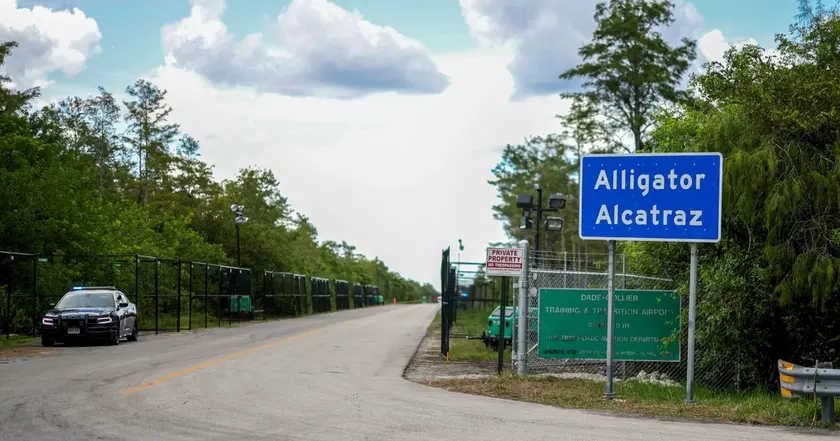
A federal judge in Miami ruled that Alligator Alcatraz may stay open for now but cannot be expanded and no additional detainees can be brought in.
Judge allows Alligator Alcatraz to stay open but bars expansion
U.S. District Judge Kathleen M. Williams issued a preliminary injunction that allows Alligator Alcatraz to remain open for now but blocks any site expansion or new detainee intake beyond those already detained when the order was issued. The ruling also bars additional industrial lighting and requires the removal within 60 days of generators, gas, sewage and other waste connected to the project. The 82 page decision rests on National Environmental Policy Act concerns and a push to protect the Everglades wetlands.
The decision drew praise from environmental groups and the Miccosukee Tribe, who argued the detention center threatened endangered species, water quality and the night skies. The government has appealed, and federal officials did not respond to requests for comment. The detention center opened in July on an airstrip in Big Cypress National Preserve, and the injunction leaves unresolved how the site will operate once resources are removed. It also requires the removal of temporary fencing used to provide tribe access consistent with pre-construction access.
Key Takeaways
"Alligator Alcatraz. A name just meant to sound ominous"
Paul Schwiep of Friends of the Everglades and the Center for Biological Diversity on the site name
"This is a public relations stunt"
Schwiep on the project’s messaging in court
"When it comes to our homeland, there is no compromise"
Talbert Cypress, Miccosukee Tribe chairman, on protecting tribal lands
"It’s written into the constitution to protect the Everglades"
Amy Castaneda of the Miccosukee Tribe on environmental protections
The ruling highlights how environmental law intersects with immigration policy. NEPA used to limit the project’s expansion signals a potential check on federal actions in sensitive landscapes. It shows courts can slow down or pause flagship policy moves when ecological concerns are raised.
Beyond the courtroom, the case centers on tribal rights and wildlife protection. The Miccosukee Tribe’s involvement points to longer conflicts over land use near the Everglades, a reminder that conservation can influence national policy and politics.
Highlights
- Alligator Alcatraz a name meant to sound ominous
- Public relations stunt
- When it comes to our homeland there is no compromise
- It’s written into the constitution to protect the Everglades
Environmental and political risk tied to detention site
The ruling intersects environmental law, Indigenous rights, and immigration policy, creating potential backlash and long legal battles as the ecosystem and tribal interests are weighed against policy goals.
The next steps will hinge on further court rulings and ongoing ecological review.
Enjoyed this? Let your friends know!
Related News
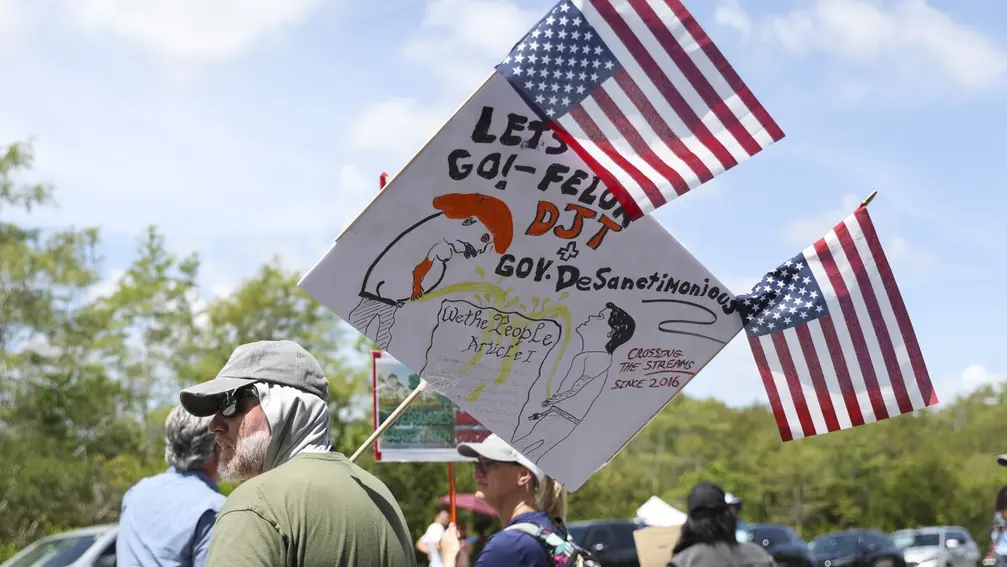
Federal judge halts construction at immigration detention center

Alligator Alcatraz update
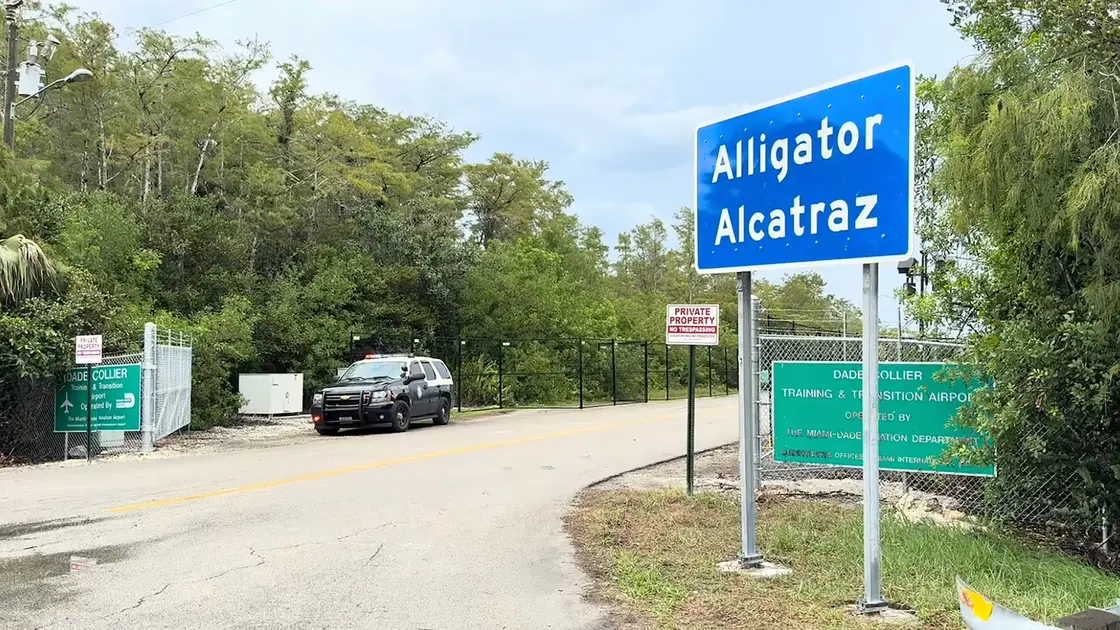
Judge blocks further construction at Alligator Alcatraz

Everglades detention center emptied after court ruling

Alligator Alcatraz detention center closure
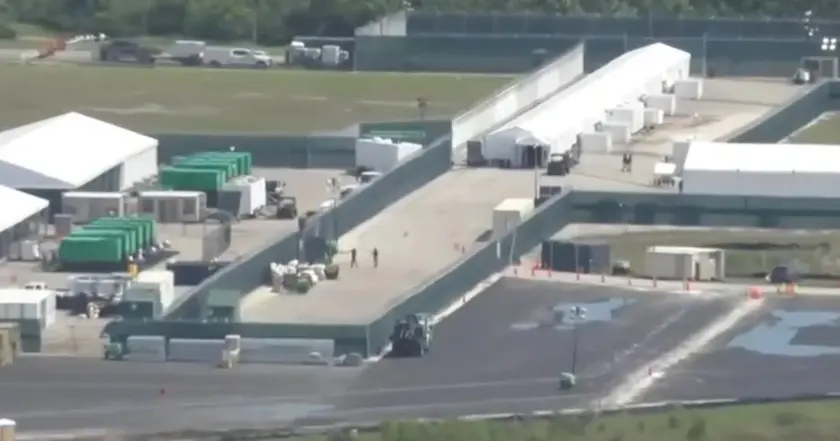
Pause on Alligator Alcatraz construction
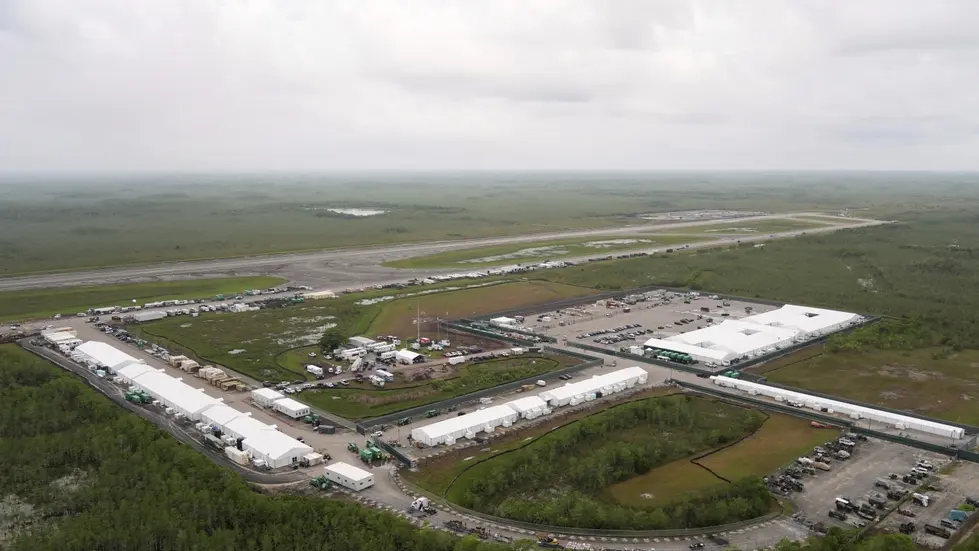
Judge weighs control at Everglades detention site
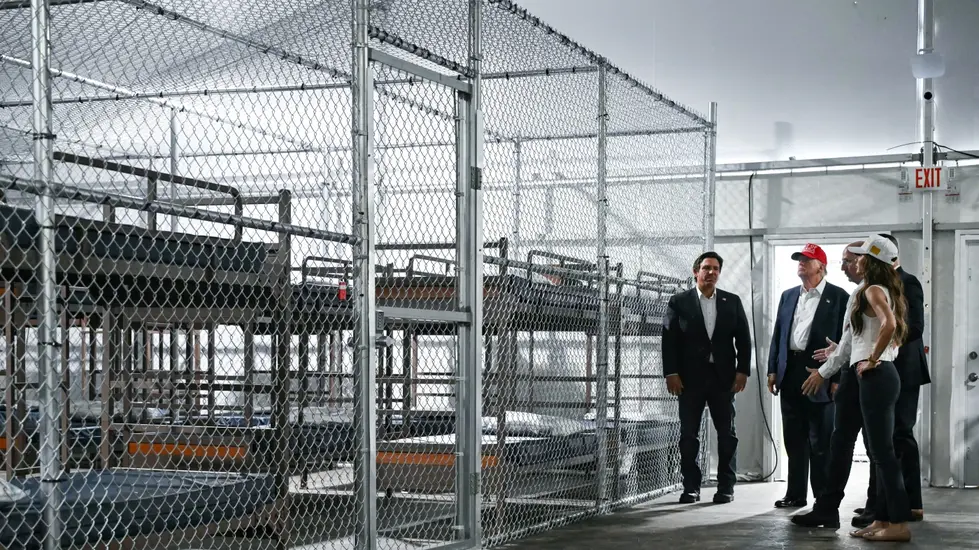
Judge temporarily halts construction at Florida detention center
